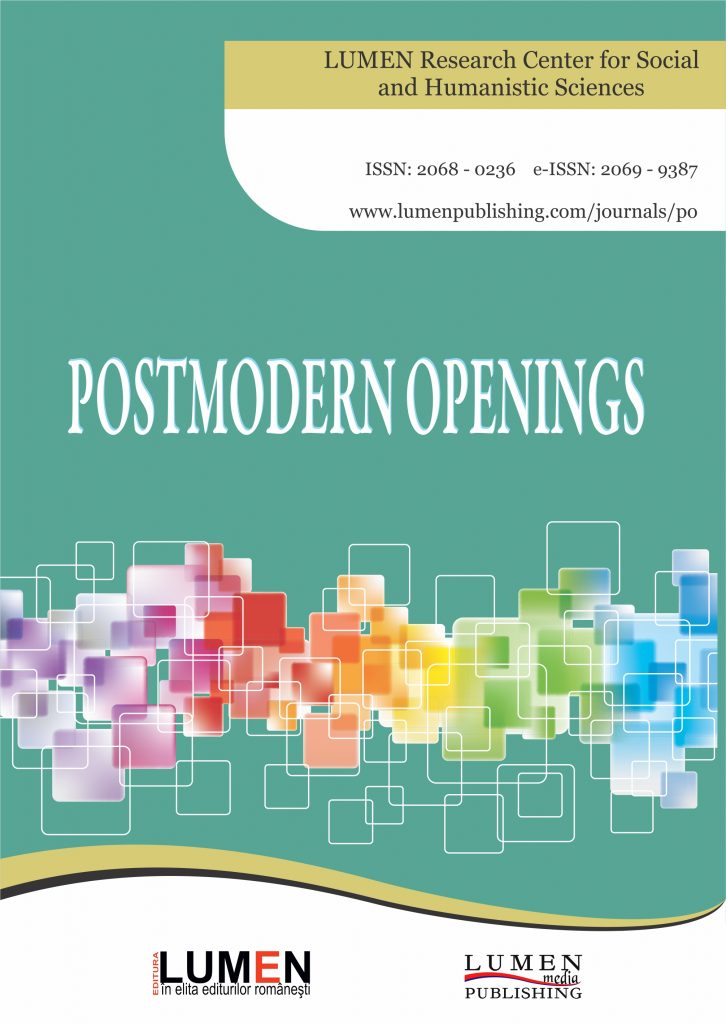Trends in the Development of Social Work: Postmodern Ideas and Prospects
Trends in the Development of Social Work: Postmodern Ideas and Prospects
Author(s): Iryna Savelchuk, Daria Bybyk, Mariia Zhytynska, Inna Ivzhenko, Tetiana Kunytsia, Oksana MikheivaSubject(s): Social Sciences, Sociology, Social development
Published by: Editura Lumen, Asociatia Lumen
Keywords: theories of social work;social reality;postmodern society;neoliberal tendencies;social virtualization;
Summary/Abstract: The main tendencies of social work from the standpoint of postmodernist theory are considered in this article. It is determined that postmodernism is characterized by: the production of a cult of individual independence, a philosophical vision of real life as a theatre of the absurd, where emphasis is placed on the realities of real life, collective subconscious, interweaving of different styles, significant parody and irony of social processes. It has been established that social work in postmodernism is due to the growing need for a critical understanding of the crisis state of modern society and viewing relations with the state, the market, users of services and society. Social work in the postmodern period is accompanied by a number of social challenges, among which we consider the psychological distress of citizens, cultural competence and virtualization of the individual. The philosophy of postmodernism is based on the relativity and absence of reality, which is often replaced by virtuality, in which people spend a lot of their time, which raises debates about whether a virtual personality can be considered a personality. The main problem of information socialization of the individual is the problem of readiness and ability of man in such a world to approach a more humane understanding of social phenomena. The study highlights the hierarchy of social work and identifies its postmodern transformations.
Journal: Postmodern Openings
- Issue Year: 12/2021
- Issue No: 3Sup1
- Page Range: 143-154
- Page Count: 12
- Language: English

